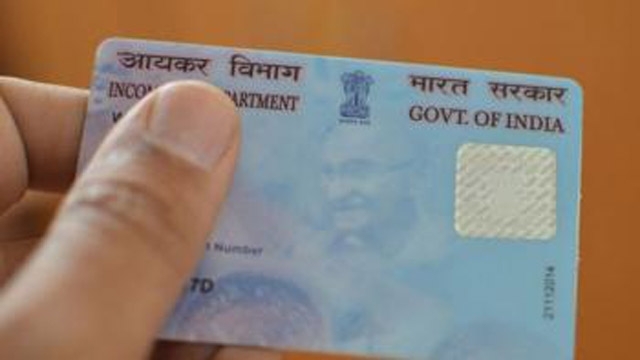With the demonetization drive in full swing, the Government has further updated the list of transactions wherein the PAN has to be quoted.
Accordingly, taxguru.in website published a good set of updated list of transactions where PAN needs to be quoted.
Source: http://taxguru.in/income-tax/updated-list-transaction-which-paan-quoted.html
Let’s take a look at transactions where PAN needs to be quoted:
- Sale or purchase of a motor vehicle or vehicle, as defined in clause (28) of section 2 of the Motor Vehicles Act, 1988 (59 of 1988) which requires registration by a registering authority under Chapter IV of that Act, other than two wheeled vehicles.
VALUE: All transactions
- Opening an account [other than a time-deposit referred to at Sl. No.12 and a Basic Savings Bank Deposit Account] with a banking company or a co-operative bank to which the Banking Regulation Act, 1949 (10 of 1949), applies (including any bank or banking institution referred to in section 51 of that Act).
VALUE: All transactions
- Making an application to any banking company or a co-operative bank to which the Banking Regulation Act, 1949 (10 of 1949), applies (including any bank or banking institution referred to in section 51 of that Act) or to any other company or institution, for issue of a credit or debit card.
VALUE: All transactions
- Opening of a demat account with a depository, participant, custodian of securities or any other person registered under sub-section (1A) of section 12 of the Securities and Exchange Board of India Act, 1992 (15 of 1992).
VALUE: All transactions
- Payment to a hotel or restaurant against a bill or bills at any one time.
VALUE: Payment in cash of an amount more than Rs. 50,000
- Payment in connection with travel to any foreign country or payment for purchase of any foreign currency at any one time.
VALUE: Payment in cash of an amount more than Rs. 50,000
- Payment to a Mutual Fund for purchase of its units.
VALUE: Payment in cash of an amount more than Rs. 50,000
- Payment to a company or an institution for acquiring debentures or bonds issued by it.
VALUE: Payment in cash of an amount more than Rs. 50,000
- Payment to the Reserve Bank of India for acquiring bonds issued by RBI.
VALUE: Payment in cash of an amount more than Rs. 50,000
*10. Deposit with a bank or a co-operative bank
VALUE: Deposit in cash of an amount more than Rs. 50,000
- Deposit with a bank or a co- operative bank (ii) Post Office.
VALUE: Payment in cash of an amount:
(i) More than Rs. 50,000 during any one day; or
(ii) Aggregating to more than Rs. 2,50,000 during 9th Nov, 2016 to 30th Dec, 2016.
Meaning “cash deposit of more than Rs. 50,000” during one day or where deposit will be more than Rs. 2,50,000 during 9th Nov 2016 to 30th Dec 2016 will be reported and may invite notices from Income Tax.
- Purchase of bank drafts or pay orders or banker’s cheques from a banking company or a co-operative bank to which the Banking Regulation Act, 1949 (10 of 1949), applies (including any bank or banking institution referred to in section 51 of that Act). Payment in cash for an amount exceeding fifty thousand rupees during any one day.
- A time deposit meaning Fixed Deposit with a bank or a co-operative bank, a Post Office, a Nidhi, or NBFC.
VALUE: Payment in cash of an amount more than Rs. 50,000 or more than Rs. 5,00,000 during Financial year
- Sale or purchase of any immovable property.
VALUE: Amount more than Rs. 10,00,000 or valued by stamp valuation authority of more than Rs. 10,00,000.
Disclaimer: This article is based on article published on Taxguru.in website.
